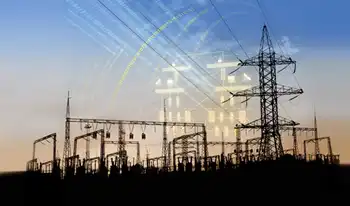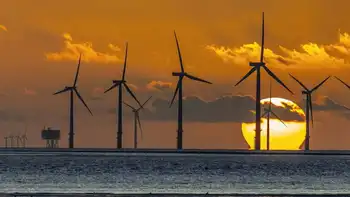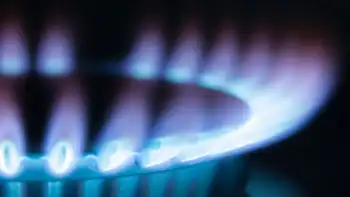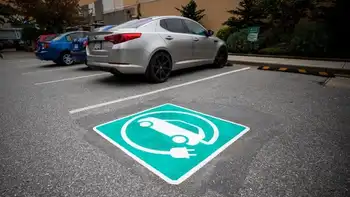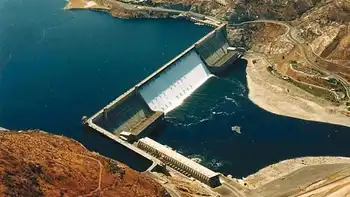Power Crisis will not Decrease Interest in Tenders
By
Arc Flash Training CSA Z462 - Electrical Safety Essentials
Our customized live online or in‑person group training can be delivered to your staff at your location.

- Live Online
- 6 hours Instructor-led
- Group Training Available
The Turkish Privatization Board eased concerns over this issue as the BoardÂ’s chairman Metin Kilci said they are pleased with the level of interest in TurkeyÂ’s electricity distribution tenders planned to be held at the end of this month, and added he thinks the recent negative developments will not affect the energy privatizations.
Kilci expects domestic and foreign companies to enter into a cutthroat competition in the tender.
Following cuts to power supplies in 13 provinces of the Aegean Region, a number of electricity autoproducers halted production to reduce the losses they are facing following a rise in the price of natural gas.
No consensus has yet been reached in the talks between companies selling surplus electricity to the state and the Ministry of Energy.
Kilci does not agree with the view that the recent happenings will “negatively” affect the electricity distribution tenders and says, “It is planned that the increase in the energy costs will be passed onto consumers. Therefore, there is nothing uncertain about the future of the country’s electricity distribution companies.”
Turkey has more than 27 million electricity subscribers, and TEDAS (Turkish Electricity Distribution Company) distributed a total of 149.3 billion KWhrs of electricity last year.
Istanbul is among the first provinces where the privatization tender will be held in terms of consumption and subscriber potential.
More than 3.5 million subscribers alone reside on IstanbulÂ’s European side.
Despite a rate of nearly 15 percent in losses and increases in unauthorized usage, yearly revenue exceeds 2.3 billion new Turkish liras (YTL).
IstanbulÂ’s European distributor (Bedas) and Anatolian distributor (Ayedas), as along with at least one of the distribution regions of Sakarya, Baskent, Meram and Dicle are planned for privatization by the end of the year.
The announcement date for this is set for August 30; however, the Board has no plans to go ahead with any privatizations for the next 12 months.
Major domestic and foreign companies are closely interested in the electricity distribution business.
In addition to Turkish companies from Koc to Sabanci, and Calik to Zorlu, the worldÂ’s energy giants German E. ON, RWE and Siemens, Spanish Iberdrola and Endesa, Italian Enel and American AES are among the companies showing interest in the electricity distribution tenders.
We restructured Tekel, market share is on the rise
The Privatization Board had recently made available 25 percent of shares in Turkish Airlines for a public offering in May, and the public share in the company fell below 50 per cent.
Meanwhile, Kilci said the Board are waiting for the right time to go ahead with the privatization of the cigarette manufacturing arm of Tekel (Turkey’s alcohol, tobacco monopoly) and said, “We are currently restructuring the company and it will take some time for this to be reflected in the balance sheets; the market losses are being turned around, and net profitability is on the increase.”
In the frame of TekelÂ’s new market-focused strategy, a total of 41 of 81 Tekel sales points were closed down.
A consulting company has been chosen for PetkimÂ’s privatization.
A privatization road map has been developed for Halkbank and foreign interest in this privatization in particular continues to rise.
The draft resolution for Halkbank has been submitted to the Privatization High Board.
Kilci said the Turkish banking systemÂ’s greater openness to developments and changes than those Europe has helped to arouse interest in privatizations in this sector in Turkey.





